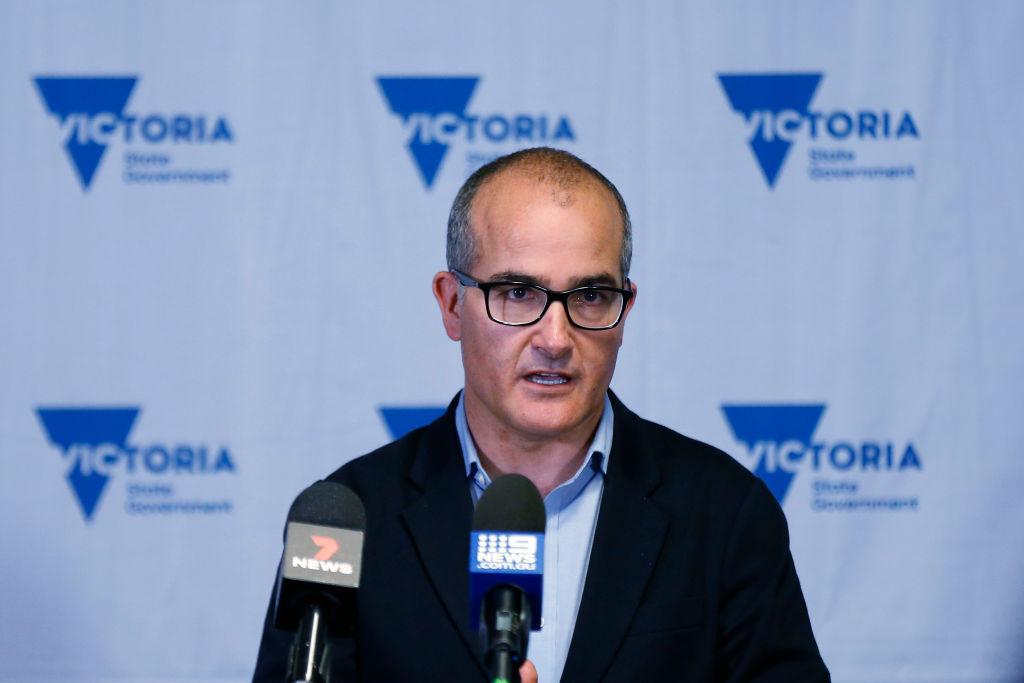Australia’s first locally developed mRNA COVID-19 vaccine has been created in Victoria and will begin phase 1 trials within months.
Acting Victorian Premier James Merlino announced on Sunday that the state government would invest $5 million into the Monash Institute of Pharmaceutical Sciences (MIPS) to manufacture doses of mRNA vaccine candidates.





